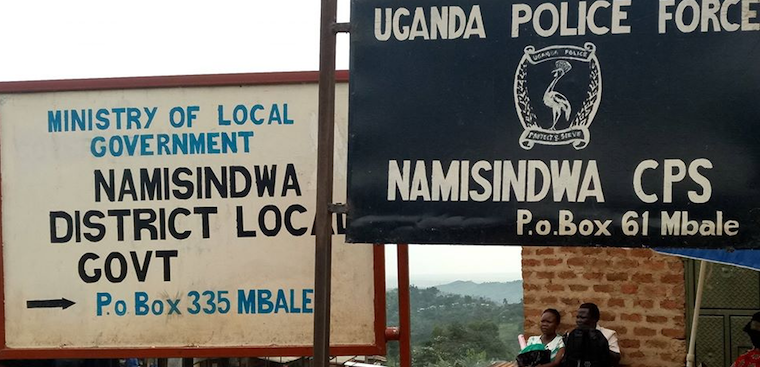Written by MICHAEL ABONEKA & BRIGHTEN ABAHO
Government of Uganda embraced the policy of decentralization by devolution, which recognizes local governments as frontline actors in a bid to bring social services closer to the people.
Furthermore, under Article 191 of the Constitution and Section 80 of the LGA (CAP 243), local governments are required to prepare their own development plans and budgets, mobilize revenues locally to facilitate funding for recurrent and development expenditure for service delivery.
Since then, various services have been shifted to the local governments (districts) and lower local governments (sub counties and town councils). These include feeder road management, primary health care, primary education and agriculture extension.
However, decentralization has not been commensurate with the fiscal autonomy since there are limited resources from the central government to the local governments.
Whereas the legal framework empowers local governments to levy, charge, collect and appropriate fees and taxes in their areas of jurisdiction, local governments are also required to remit the collected revenue back to the consolidated fund for subsequent allocation, which defeats the logic of decentralization.
Local governments ought to act as economic and social transformational tools for the country. But this is not the case simply because of the way locally- generated revenue is managed.
The financial distress among local authorities has direct economic consequences that result into the failure and crippling of service delivery to the people. With the enormous service delivery task at hand, resources from the central government to the local governments to support decentralization have been limited.
This is not only unfair but has crippled service delivery to the people. Prior to the financial year 2016/2017, local government budgets were funded by local revenue. Local revenues would be spent from the General Fund Account maintained at the district, which is a feature of devolution of power – that the local governments, too, can manage their own finances.
Instead, the local government capacities have for years been built by development partners and civil society organizations.
The ministry of Finance Planning and Economic Development in February 2020 issued a directive that local governments must remit all locally-raised revenue to the consolidated fund and have it appropriated by Parliament in a bid to harmonize the budget approval period for all revenue sources of local governments; address capacity gaps, deal with incompetence and corruption in local governments.
Continue Reading This Article HERE


